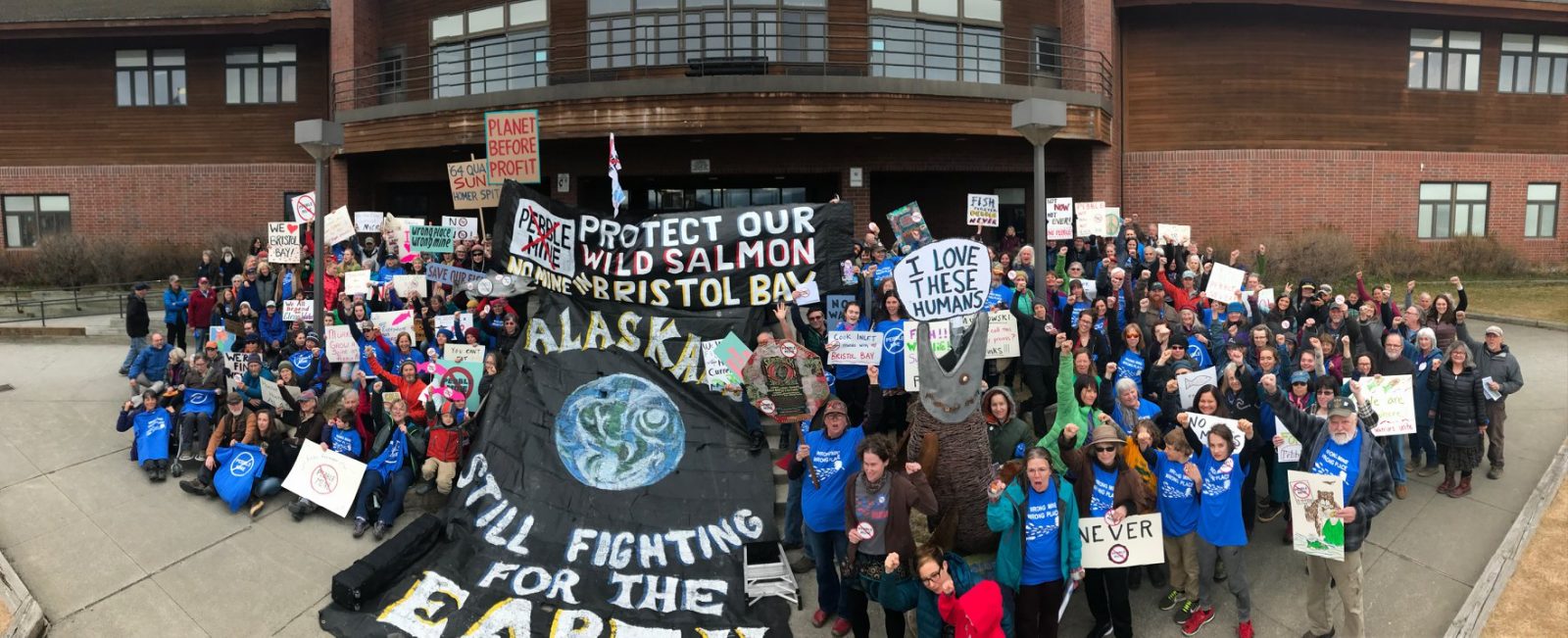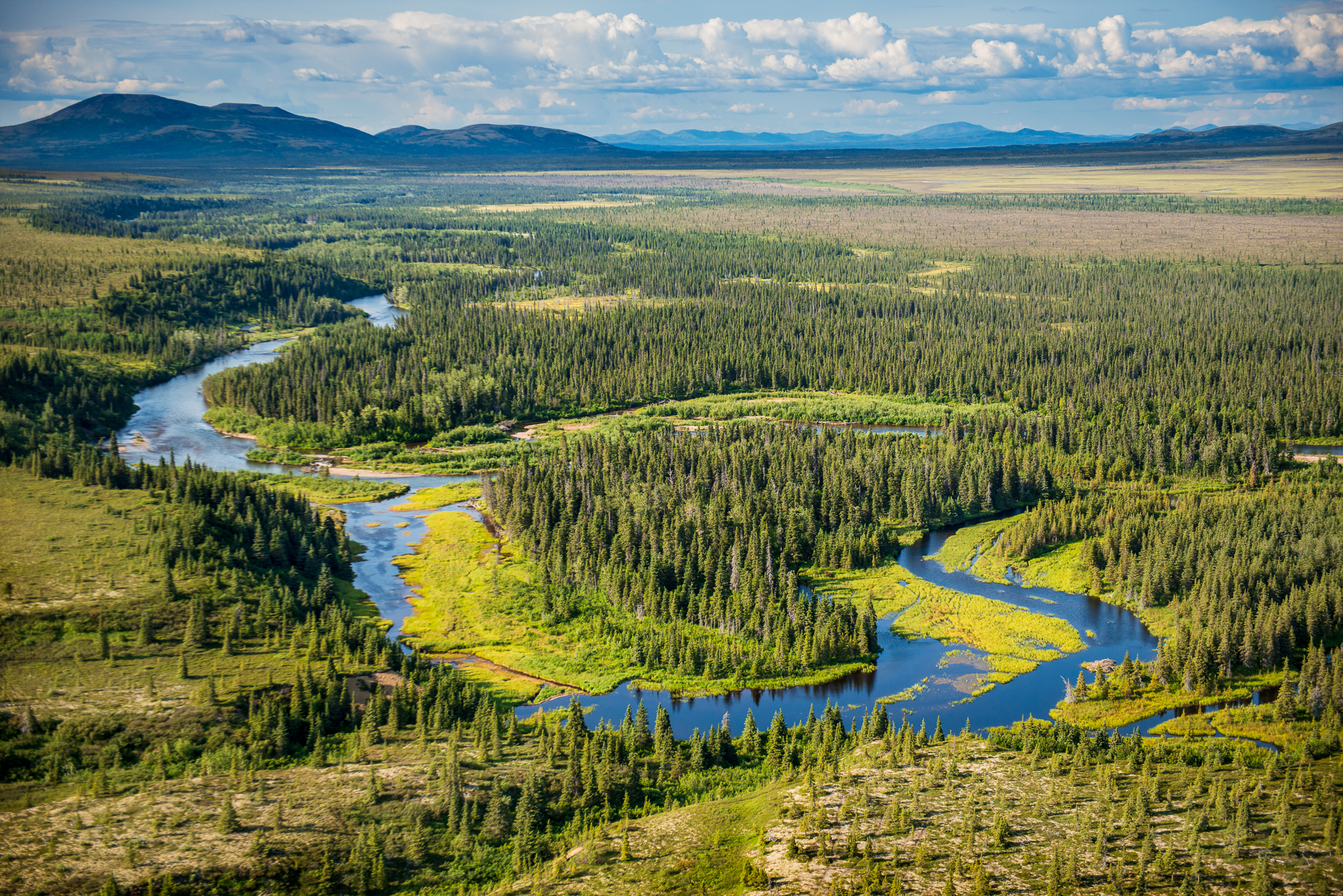
Litigation 101: Can the state leapfrog lower courts to get straight to the Supreme Court? (Yes, the Pebble train wreck is back.)
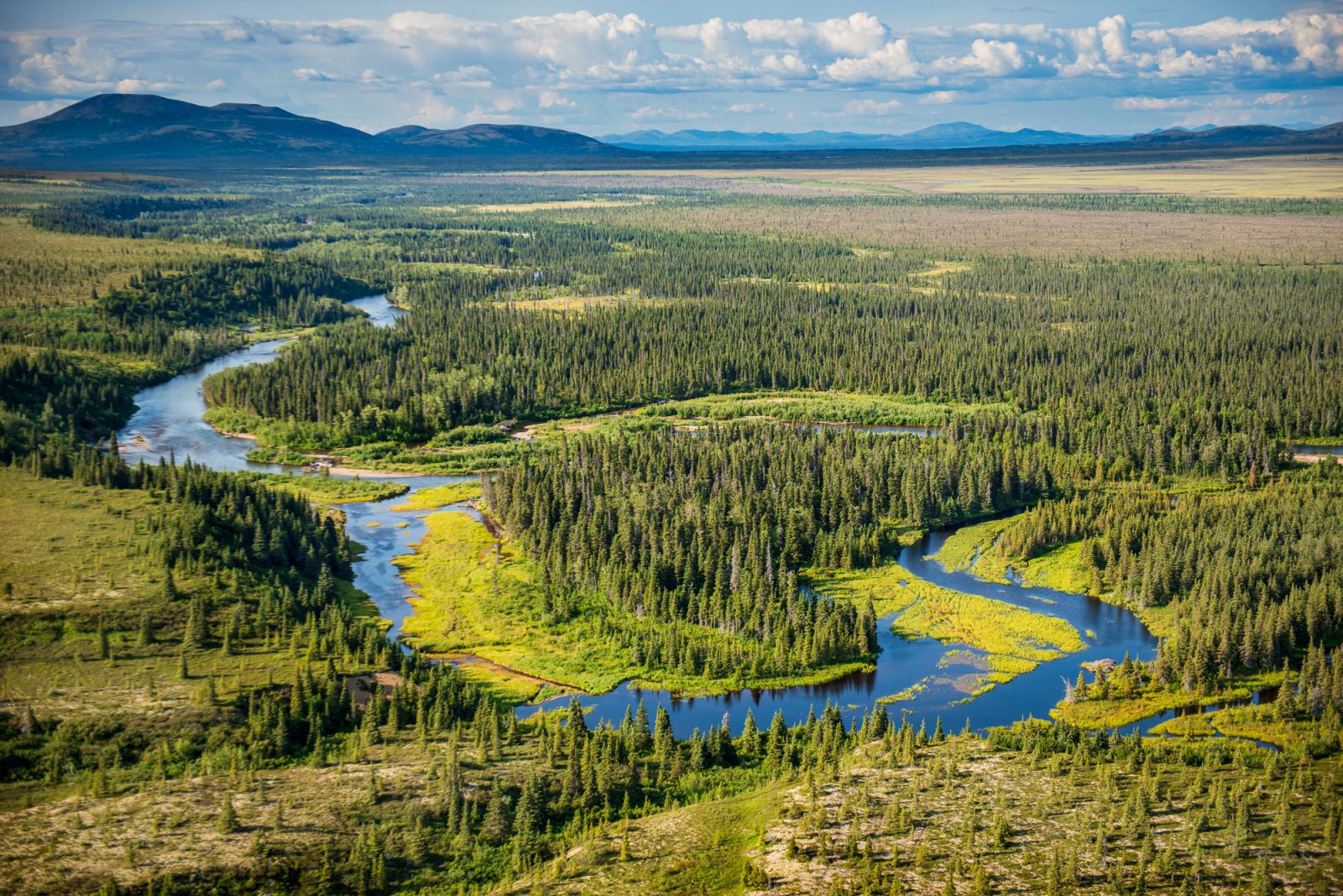
When the U.S. Environmental Protection Agency issued Clean Water Act protections for Bristol Bay that prohibit mining interests like Pebble Limited Partnership from polluting the region’s waterways, we knew a lawsuit would follow. Enough people can profit from investment schemes and mining extraction that they will shrug off Indigenous and western knowledge that shows the profound harm Pebble would do and ignore the majority of Alaskans who oppose the proposed Pebble mine.
What we didn’t expect was the State of Alaska to skip the usual legal process and go straight to U.S. Supreme Court to press its case.
The Bristol Bay Defense Fund called the move a “hail Mary” legal maneuver that ignores long established rules around challenging agency actions.
What’s the basis for the state’s argument?
The state is asking the U.S. Supreme Court to hear its case under its “original” jurisdiction. It claims that because of the nature of its case and who is bringing it, it must start in the Supreme Court rather than in a lower court.
Here’s a bit of legal background. The Constitution divides the Supreme Court’s jurisdiction into one category considered “original” or where the justices can serve as a de facto trial court, and the other as an “appellate” jurisdiction where cases start in a state or federal court and end up at the Supreme Court. Notably, when the Supreme Court decides a case under its original jurisdiction, there is not an opportunity to appeal—its decision is final.
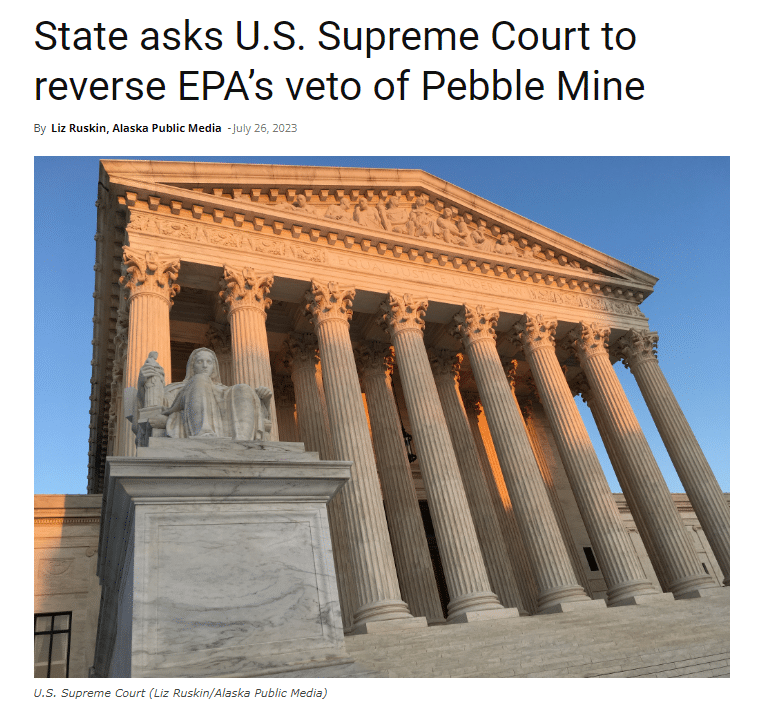
Cases defined in the Constitution as having original jurisdiction are those “affecting Ambassadors, other public Ministers and Consuls, and those in which a State shall be Party.”
The Supreme Court’s original jurisdiction includes two types of cases: those in which only the Supreme Court can hear disputes—cases between two states—and cases that that have “concurrent” jurisdiction and can be heard by other federal courts or the Supreme Court, like cases between the state and private interests or the federal government.
Supreme discretion
The Supreme Court, through its 1971 decision in Ohio v. Wyandotte Chemicals Corp., gave partial clarity about its discretion over jurisdiction, with Justice Harlan writing for the majority:
This Court is . . . structured to perform as an appellate tribunal, ill-equipped for the task of factfinder and so forced, in original cases, awkwardly to play the role of factfinder without actually presiding over the introduction of evidence. Nor is the problem merely our lack of qualifications for many of these tasks potentially within the purview of our original jurisdiction; it is compounded by the fact that for every case in which we might be called upon to determine the facts and apply unfamiliar legal norms we would unavoidably be reducing the attention we could give to those matters of federal law and national import as to which we are the primary overseers.
In other words, without discretion over what it hears, the Court could be mired in cases it cannot effectively hear as a finder of fact, distracting it from its broader purpose of resolving national disputes.
Since the Wyandotte decision, the Court has exercised its discretion and declined to hear most cases where another federal court has concurrent jurisdiction. The Court has heard only 140 original jurisdiction cases since 1790 and none have involved a federal regulatory decision like the one being challenged here.
For more dollars, no sense
We don’t know whether the Supreme Court will decide to hear this case. We do know that Gov. Dunleavy will spare no dollar on litigation founded on legal theories and tactics aimed at undercutting established processes, disrespecting the voices of most Alaskans, and leading to implications far beyond Bristol Bay.
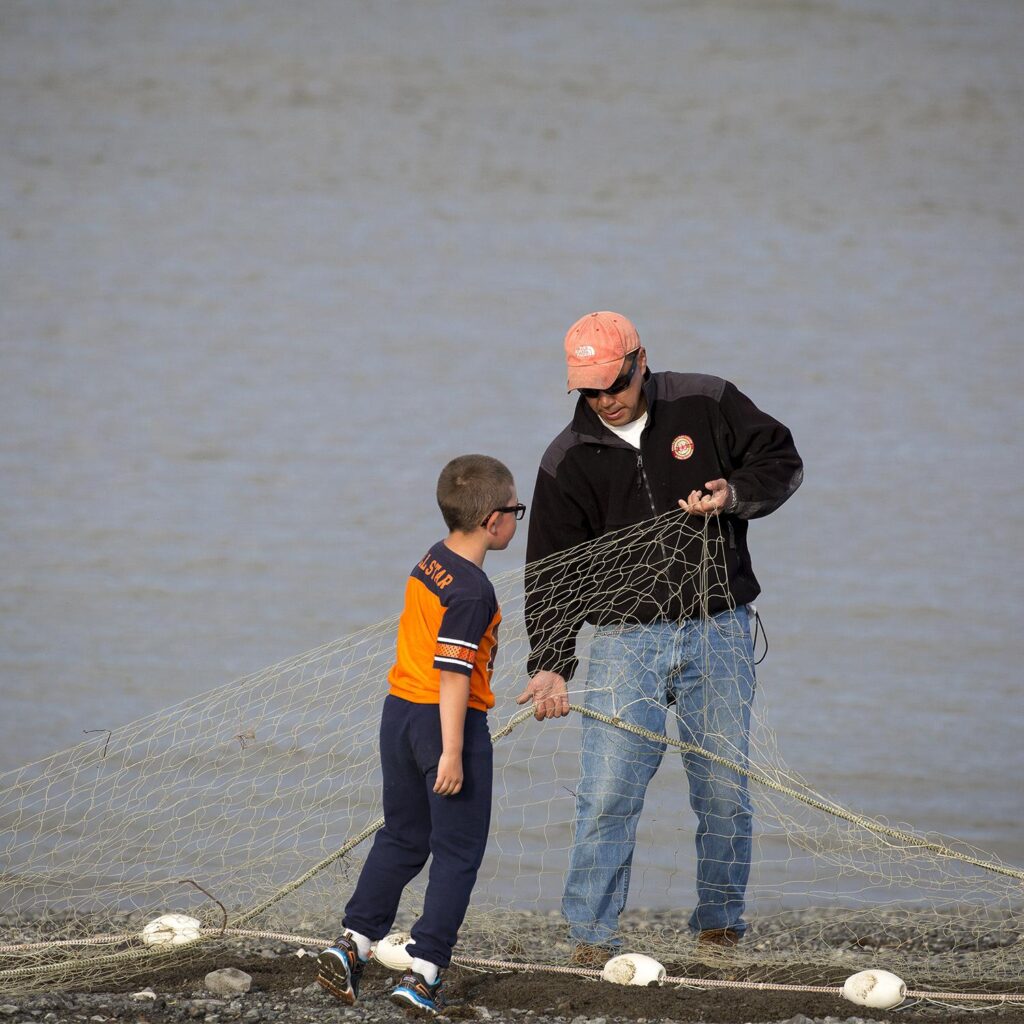
In other words, the state has taken up Pebble’s cause using the power of the state and public money to do it. It hired a Virginia-based law firm that champions conservative causes to handle the case, though it has yet to reveal the cost. If the case is taken up, it will certainly take years to move through court.
The key claim the state makes is that the Environmental Protection Agency’s Clean Water Act decision threatens the state’s sovereignty. The state not only asserts that the Supreme Court must hear the case because it cannot by statute be heard as a single case in a lower court, but also that the Supreme Court must hear the case and that cases that fall under the Supreme Court’s original jurisdiction are always mandatory.
Under this thinking, states could file an array of meritless lawsuits with the Supreme Court, junking up its caseload and functionally turn the Court into the playground of political actors who could put any issue before the highest court simply by naming a state as a plaintiff or party to the case.
It’s important to understand, here, that cases like this are not just about the interests of the parties in the lawsuit—the stakes are certainly enormous for the people of Bristol Bay and Alaska and the salmon that sustain their livelihoods and ways of life—they’re also about upending systems meant to level the field rather than give more power to the interests that already have it.
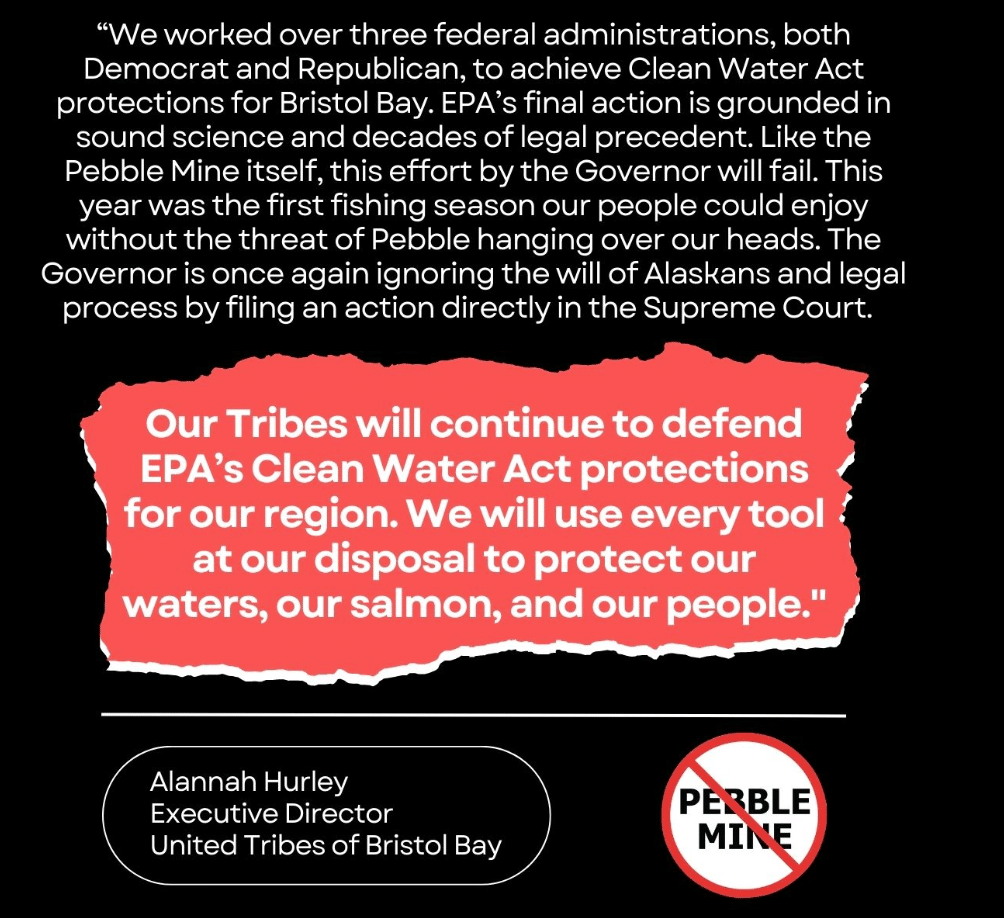
Salt in old wounds
When releasing polling information that shows ongoing and enduring support among Alaskans for protecting Bristol Bay, Alannah Hurley noted:
“There is resounding and enduring support across parties and the state for protecting Bristol Bay’s waters, thriving salmon fishery, and our people and Tribes that call this special place home. Governor Dunleavy’s lawsuit challenging the EPA’s Clean Water Act protections ignores what Alaskans want and is another example of how he is willing to waste state resources to try and save a failing foreign mining company. Our people have stewarded Bristol Bay for countless generations, and we will not rest until our watershed is permanently protected. We need our leaders to listen to the majority of Alaskans and take swift action to protect Bristol Bay forever. There’s no time to waste.”
Mining would devastate Bristol Bay, a region nourished in every way by salmon and through communities that respect and are deeply connected to these fish as part of their culture and way of life, and to a fishing industry that provides livelihoods and nourishment to Alaskans and people around the country and world.
We will continue to stand alongside Tribes, communities, conservation groups, Alaskans and people throughout the country and world in upholding enduring protections and ensuring that Bristol Bay continues to thrive.
